A little over four years ago, Grand Rapids resident Dawn T. found herself working in a job she no longer was excited about. As the company she worked at downsized, Dawn’s position shifted a bit, and she spent most of her days behind an industrial printer, constantly feeling like her skills were underutilized.
“I really enjoyed my job until I had to sit there at one printer for the whole day, and it was physically very tasking work and just not a good time anymore,” she said.
Prompted by a lack of motivation and excitement with her job, Dawn decided to make a change, but making this change proved to be difficult. Dawn doesn’t have a college degree and couldn’t qualify for many of the positions that offered the salary she needed to sustain her three young kids.
According to a 2021 study from Georgetown University’s McCourt School of Public Policy, the median college graduate can make up to $3 million throughout their career compared to $1.6 million (a difference of 70%) earned by those with a high school degree.
Amidst that tension, Dawn entered the doors of West Michigan Works! looking for some support.
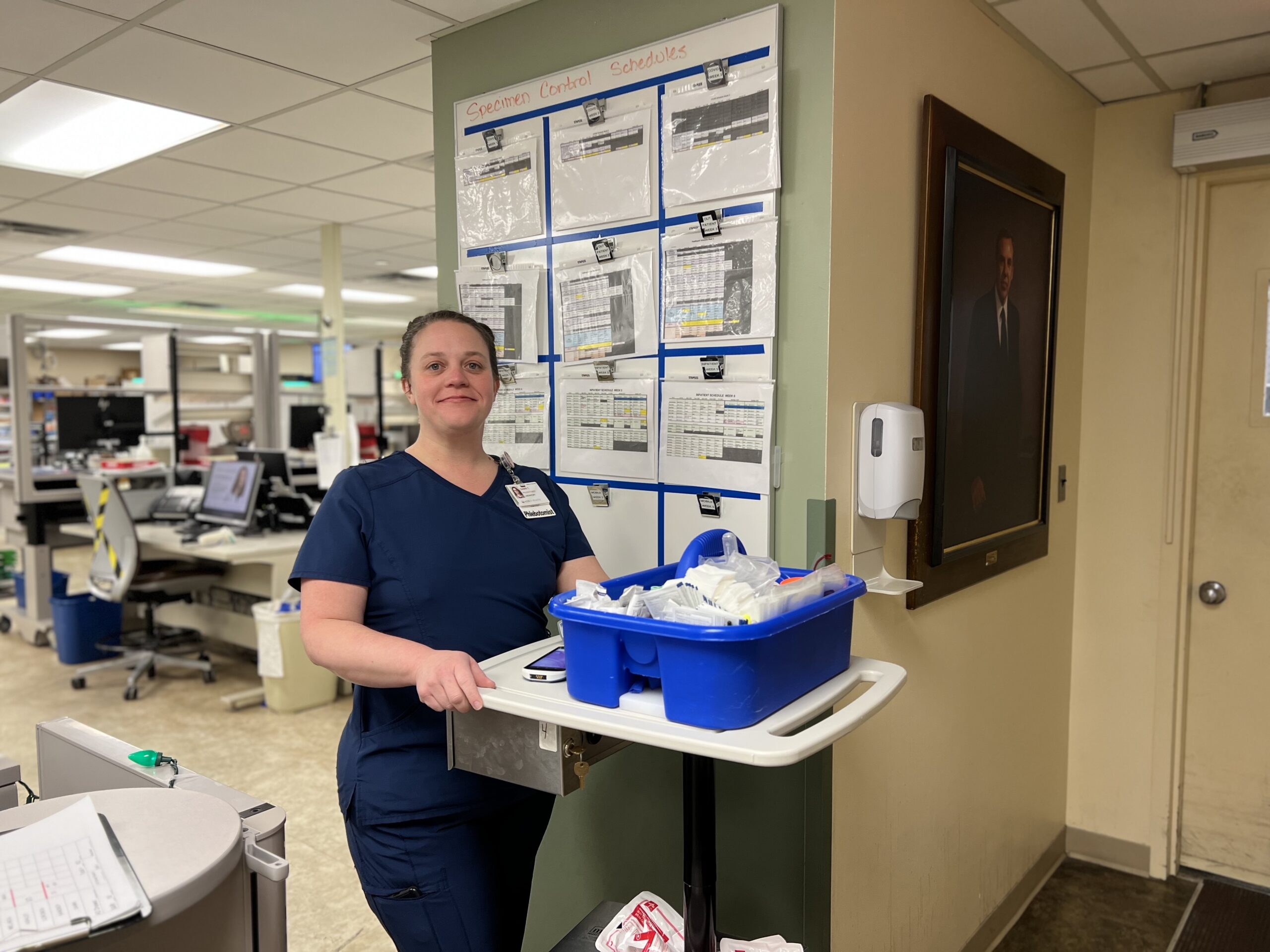
Photo Credit: Michelle Jokisch Polo
“I wanted to talk to a career counselor and see what was available to me in this area and what I could do, what kind of services and programs they had available for me,” she said.
Upon connecting with a career counselor at West Michigan Works!, Dawn took several aptitude tests – all of which told her she is excellent at retaining information, very driven and has an innate ability to grasp abstract concepts and ideas.
“They were really impressed because apparently, I’m really smart – and what they actually said was not just that I’m smart, but that my personality is one that’s never going to be just satisfied to know what I know. I will forever want to learn more,” she said.
Having been a stay at home mom for 12 years and been employed at only one company, Dawn was struggling to figure out how to turn the skills she knew she had into employability.

At that time the R.I.S.E. Up Program was just getting started through a partnership with Trinity Health in Grand Rapids, West Michigan Works! and The Source. The program aims to support entry level employees like Dawn to build career pathways into the healthcare industry.
“So they [West Michigan Works!] asked me if I wanted to be the first person to go through and apply that way and see how it goes and in some sense be their ‘guinea pig’, but also to get them rolling, because they were really excited about working with me and what I have to offer,” she said.
For the first time in a long time, Dawn felt validated in the skills she always knew she could bring to the workplace. Through R.I.S.E. Up, Dawn connected with a program manager at The Source. They helped connect Dawn to a new career trajectory at Trinity Health as a phlebotomist. Despite never having worked in a hospital or healthcare setting, Dawn says she was excited to be in a job where she could interact with people on a regular basis.

Alison Freas, executive director of The Source, says their goal working with Trinity Health is to provide the support system and the structure to help folks move into mid and higher skilled roles.
“We know that there were some [program participants] that likely would not have made it if they didn’t have that additional support to help them through. [It] honestly could have been something as small as a $150 utility bill, but that could have been the one thing that held people back from finding success [in the program],” Alison adds.
For many in the community a $150 dollar utility bill could mean foregoing paying for basic needs like transportation, housing or food. To ensure livability, individuals like Dawn need full time employment, reliable transportation, affordable childcare and a robust savings account –all things they often do not have access to. Class, gender, ability, immigration status and language ability all contribute to accessing stable employment. According to 2017 survey data from the Harvard T.H. Chan School of Public Health, Black Americans systemically face higher unemployment rates, lower pay, poorer benefits and greater job instability than their white counterparts.
Programs like R.I.S.E. Up help fill in those gaps. Shana Lewis, Vice President of Talent Acquisitions and Workforce Development Programs at Trinity Health, says their team first realized how these systemic barriers affected their employees when they implemented an Evidence Based Selection Process to reduce turnover back in 2010.
“Oftentimes the population that we were reaching into, the underserved populations, would have some barriers to meaningful employment, like transportation and childcare and assistance with basic needs,” she said.
The Evidence Based Selection Process uses an assessment, structured interviews and a reference check report to come up with a compensatory score. By taking this approach, Shana says they were able to significantly diversify their employee base, but they had to incorporate their model with additional support to ensure these employees wouldn’t leave.
“Some of the things we noticed is that there were some attendance and tardiness issues,” Shana explained. “We did a deeper dive and found that there were transportation issues, childcare issues and just life issues that were preventing some of our colleagues in certain job families and populations from being able to show up as their best selves because they were dealing with these outside life factors.”
One of the ways the R.I.S.E. Up program helps mitigate lack of access to stable transportation is by offering a door to door service directly from the front door of employees’ home to their place of employment at Trinity Health.
“The Wheels to Work program [funded by the Saint Mary’s Foundation] is accessible to any employee who may be experiencing some transportation barriers,” adds Shana.
Shana says Trinity Health has seen greater success in employee retention and overall satisfaction, and they are hoping to partner with funders and community based organizations to scale the R.I.S.E. Up Program nationwide to all 25 states across the Trinity Health system.

Taking a holistic approach focused on addressing systemic barriers that individuals like Dawn often experience is exactly what Tracie Coffman, program officer at the W.K. Kellogg Foundation, envisioned when she made a grant to support the R.I.S.E. Up Program. Since the program began in 2019, participants have gained over $1.1 million dollars in salary increases, with a majority of participants being families of color living within the city of Grand Rapids.
“It’s the impact that you hope that you can have, but you never really know if you’re going to be able to do it,” Tracie said. “But when you look at what we had before and where we are, and knowing that structural change happens in increments, not in leaps and bounds – I think this is a pretty good increment.”
Before Dawn entered the R.I.S.E. Up Program, she was unemployed and looking for a job to help support her family of four. In 2019, when she was hired at Trinity Health as an accredited phlebotomist, she started making $13.50 per hour in several nursing home facilities in the area. Today, Dawn makes a little over $17 per hour and has achieved a level two certification in phlebotomy, with more than a thousand hours of field experience performing venipunctures, arterial punctures and skin punctures.
Aside from the multiple raises she’s received, Dawn says what she most enjoys at work are the opportunities to interact with patients from all walks of life.
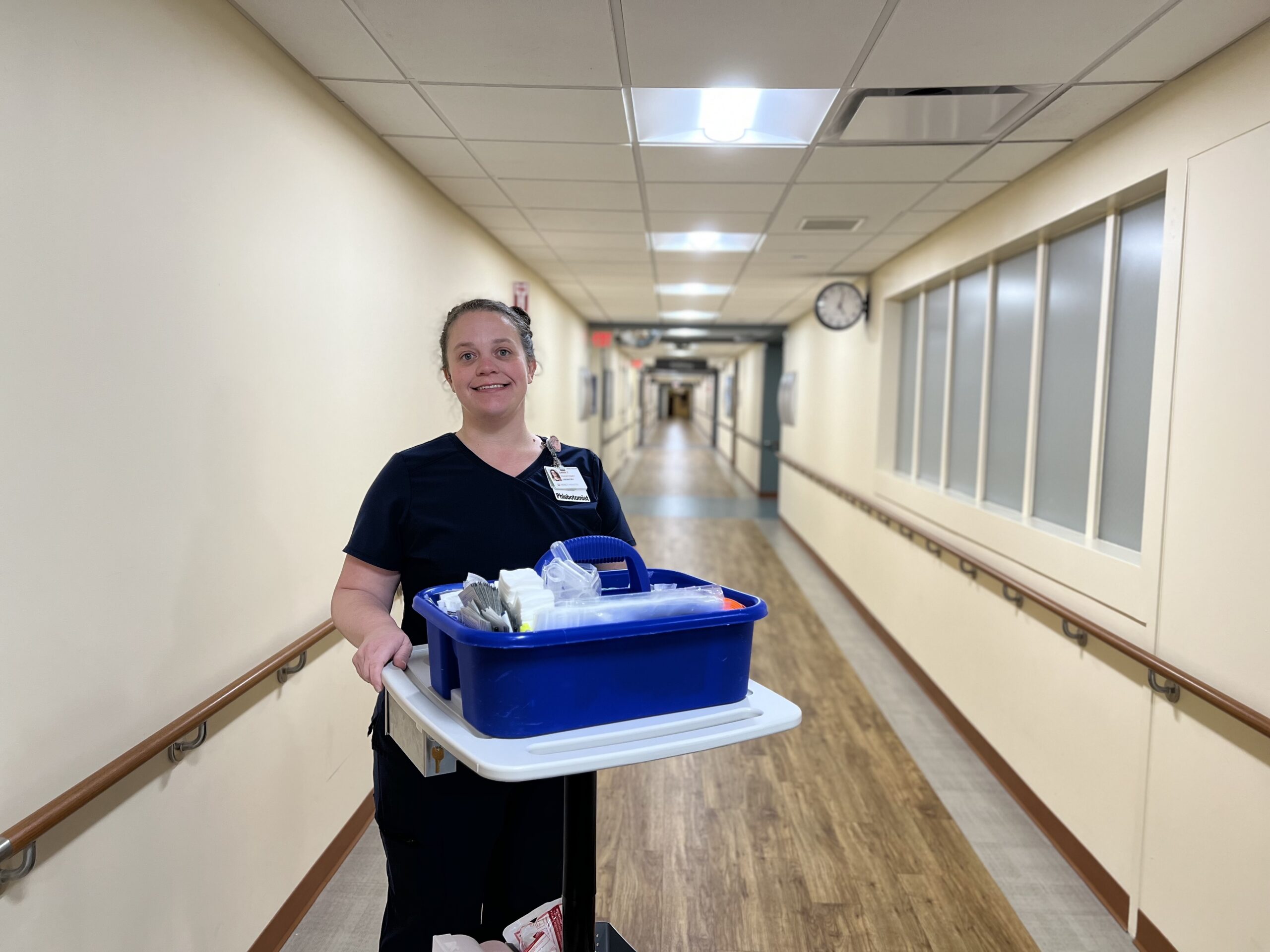
Photo Credit: Michelle Jokisch Polo
Dawn starts her day at Trinity Health – Saint Mary’s Hospital in Grand Rapids, and from there she’s sent to a variety of healthcare facilities. One of the facilities she visits is a local psychiatric facility. There she draws blood from those who are struggling with a serious mental health condition. Dawn considers that opportunity an honor.
“Regardless of who the person is and where they come from, my job is to treat them with dignity, and I take that very seriously,” she says.
For Dawn to be able to be there for those patients in a pivotal moment is what gives her meaning – something she says she couldn’t count on having at work in the past.
“They [the patients] are feeling pretty low, and it’s then that they get to come and sit with me, and I’m smiling and I’m talking to them and I get to validate them as human beings,” she said. “I give them my undivided attention. I take good care of them and I’m good at it.”
Looking ahead to her future, Dawn is hopeful. Her goal is to move into a supervisory role and be able to earn enough money so that she no longer has to live paycheck to paycheck. According to the latest data from the Massachusetts Institute of Technology (MIT) Living Wage Calculator, an adult in Michigan supporting three children needs to make at least $63.46 per hour to support themselves and their family. The ability to achieve that level of financial stability, along with continuing to work in a field that utilizes and strengthens Dawn’s innate skills, is exactly what R.I.S.E. Up has the potential to do for others in Grand Rapids and beyond.

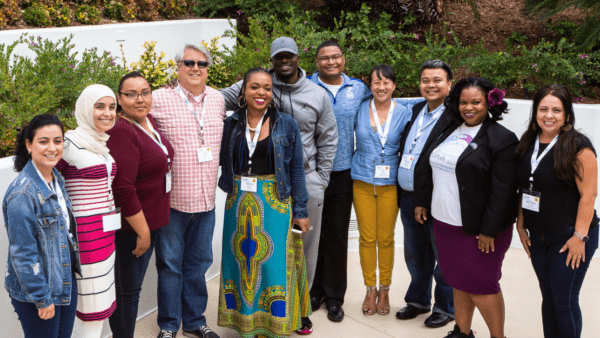
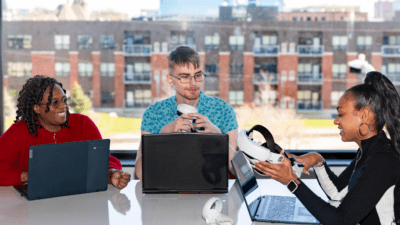
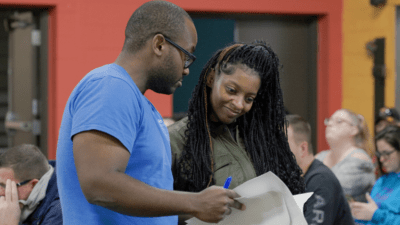
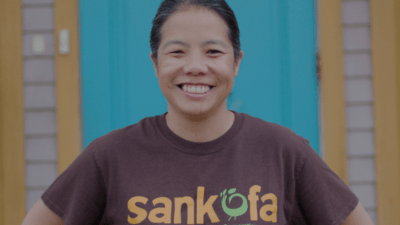
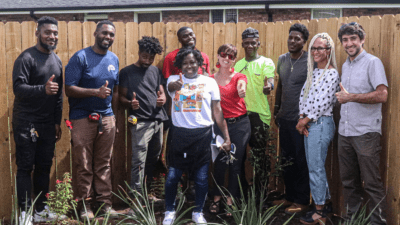

Comments